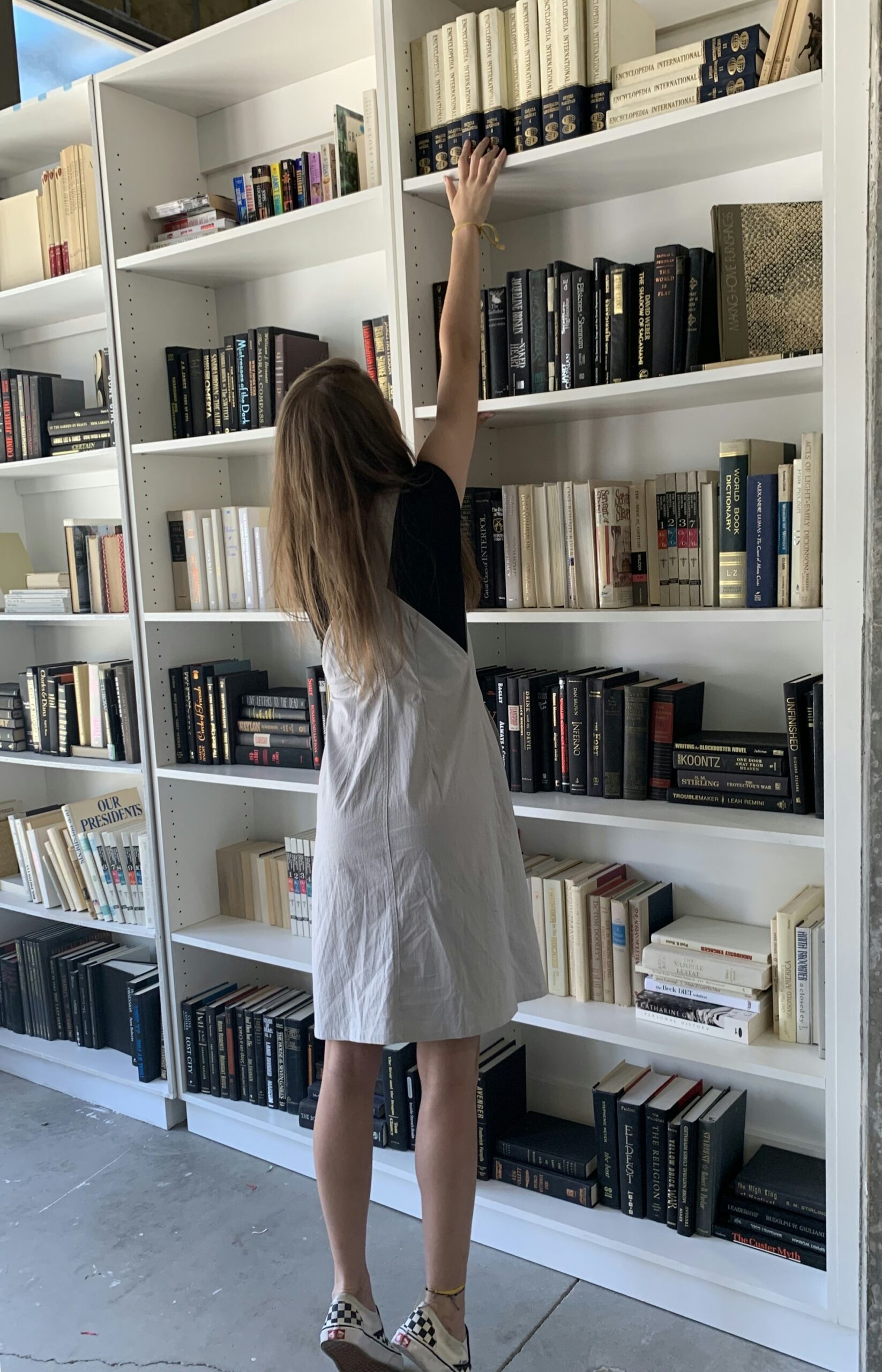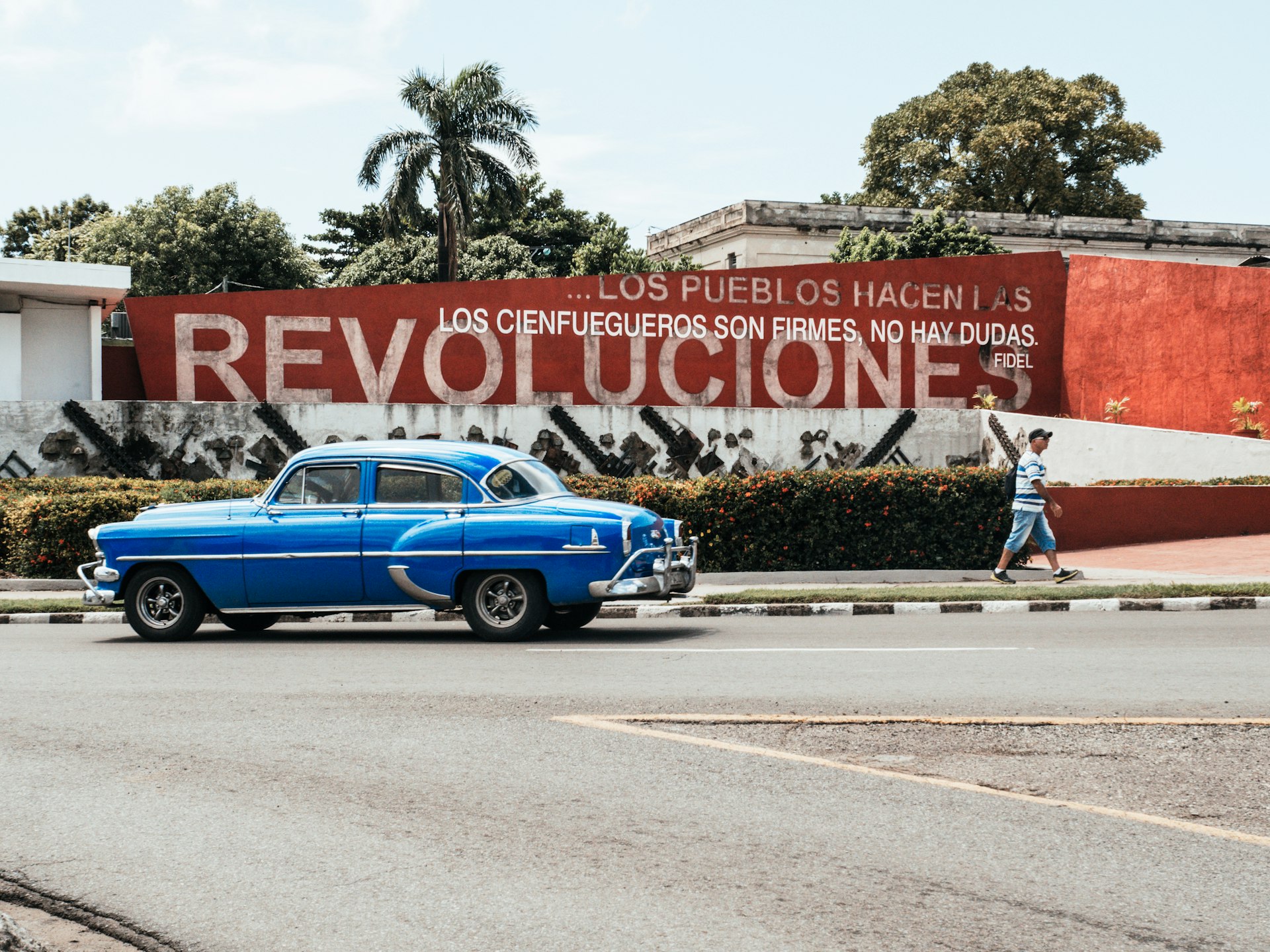How Globalization Is Reshaping Historical Narratives: Diversity, Challenges, and Opportunities

Photo by The New York Public Library on Unsplash
Introduction: The Changing Landscape of Historical Narratives
In recent decades, globalization has fundamentally transformed the way societies create, share, and understand their historical narratives . These stories-whether about national identity, cultural heritage, or collective memory-once remained largely within local or national boundaries. Today, ideas, information, and interpretations cross borders with unprecedented speed, reshaping the very fabric of how history is told, whose voices are heard, and what gets remembered. This article examines the key impacts of globalization on historical narratives, discusses the opportunities and challenges it brings, and provides actionable steps for individuals and organizations seeking to access, preserve, or critically engage with these evolving stories.
Section 1: Broader Access and Democratization of Historical Voices
One of the most significant impacts of globalization is the democratization of historical narratives . In the past, history was often written by those with political or economic power, reflecting dominant cultural or national perspectives. Globalization, powered by digital technology and global networks, enables previously marginalized voices to reach wider audiences. For example, stories from the Global South or indigenous communities, long excluded from mainstream history books, can now be shared and accessed globally [2] .
This shift is visible on online platforms, academic journals, and international forums, where multiple perspectives on past events are debated and documented. Postcolonial scholars and activists use these tools to challenge Eurocentric or exclusionary narratives, giving space to alternative viewpoints and suppressed histories. As a result, a richer, more complex tapestry of historical memory emerges, reflecting the true diversity of human experience [2] .
Actionable Steps: To access diverse historical narratives, you can:
- Explore open-access academic journals and digital archives, searching for terms like “postcolonial history,” “oral histories,” or specific community names.
- Participate in cultural exchange programs organized by museums or universities, which may be promoted on official institution websites.
- Engage with international organizations such as UNESCO, which often highlight heritage sites and intangible cultural history from around the world.
Section 2: The Challenge of Cultural Homogenization
While globalization opens doors for broader participation in historical storytelling, it also poses the risk of cultural homogenization . Dominant cultures, often backed by strong media industries, can overshadow or even erase local stories, leading to a narrowing of the world’s narrative diversity [4] . This process can be seen in the spread of Western or global North perspectives at the expense of locally rooted traditions and memories.
For example, the worldwide popularity of Hollywood films or European-centered historical documentaries can shape global perceptions of major events, sometimes at odds with local interpretations or experiences. In the long term, unique oral traditions or community-based storytelling practices may be lost or marginalized.
Implementation Guidance: To counteract homogenization, communities and individuals can:
- Document and digitize local stories, ensuring they are preserved for future generations. This may involve working with libraries, museums, or community centers.
- Advocate for the inclusion of diverse perspectives in school curricula or public programming. To do this, contact your local education authority or cultural affairs department.
- Support independent filmmakers, writers, or artists who focus on underrepresented histories by attending events or purchasing their work.
If you are interested in supporting such initiatives, UNESCO’s official website often features campaigns and funding opportunities for endangered languages and cultural heritage. To participate, visit the official UNESCO portal and use search terms like “intangible heritage” or “community storytelling.”
Section 3: Political and Economic Influences on Narrative Formation
Globalization does not simply broaden access or threaten diversity-it also reconfigures the political and economic forces that shape historical narratives. Governments, corporations, and international organizations increasingly use history to justify policies, influence public opinion, or manage diplomatic relationships [1] .

Photo by Ruthie on Unsplash
For example, nations may reinterpret or emphasize particular historical events to support foreign policy goals or strengthen national identity. In China, the government actively shapes historical narratives through official pronouncements and media campaigns, while also managing competing viewpoints within the country [3] . In other regions, non-state actors such as NGOs or multinational corporations may promote certain narratives to advance their interests.
Actionable Guidance: To understand the sources and motivations behind a historical narrative, consider these steps:
- Examine who is producing or funding the narrative-look for official statements, sponsorship disclosures, or academic affiliations.
- Compare multiple sources, especially those with different political, cultural, or geographic backgrounds. University libraries and reputable news outlets often provide access to a wide range of perspectives.
- If you have concerns about bias, consult independent think tanks or international organizations for more balanced analysis. Search for recognized names such as the Council on Foreign Relations or the International Crisis Group.
Section 4: Technology, Transmission, and Changing Storytelling Practices
Globalization’s technological side-especially the rise of digital media-has revolutionized the way historical narratives are transmitted and consumed. Once, stories were shared orally or through locally made artifacts. Now, digital archives, social media, video platforms, and mass media allow stories to be broadcast instantly around the world [4] .
This transformation creates both opportunities and challenges. On one hand, it enables diaspora communities to maintain connections with their heritage and allows young people to access stories that may not be available in mainstream education. On the other, it can change the communal and emotional function of storytelling, as narratives shift from shared gatherings to individual consumption through screens.
Practical Steps: If you wish to contribute to or access global digital narratives:
- Record and share local stories using widely-used platforms, ensuring you have permission from storytellers.
- Participate in online forums or virtual events hosted by museums, universities, or cultural organizations. These often provide free resources and recordings.
- For educators, incorporate digital storytelling projects into classrooms, encouraging students to research and present diverse histories.
Section 5: Critical Engagement, Preservation, and Moving Forward
Given the complexities introduced by globalization, critical engagement with historical narratives is more important than ever. This means questioning sources, recognizing biases, and valuing multiple perspectives. It also requires active efforts to preserve local stories, especially those at risk of being lost in the global conversation [1] .
To get involved:
- Join or support local historical societies, archives, or oral history projects. These organizations often welcome volunteers or donations and may provide training in documentation and preservation.
- Advocate for policy changes that protect local heritage and promote pluralism in official histories. This may include contacting elected representatives or participating in public consultations.
- Encourage intergenerational dialogue within families and communities to keep traditional narratives alive. Simple actions, such as recording elders’ stories or organizing community storytelling events, can have lasting impact.
Conclusion: Embracing Complexity in a Globalized World
Globalization’s impact on historical narratives is profound, offering new openings for inclusion and understanding, but also posing real challenges to diversity and authenticity. By actively seeking out diverse perspectives, supporting preservation efforts, and questioning dominant narratives, individuals and communities can help ensure that history remains a living, dynamic dialogue-not a static or homogenized record. The journey to a richer, more balanced global memory is ongoing, and everyone can play a role in shaping the stories that define our collective future.
References
[2] SSRN (2024). The Impact of Globalization on Historical and Geographical Narratives.
[4] Sustainability Directory (2023). What Impact Does Globalization Have on Traditional Stories?



